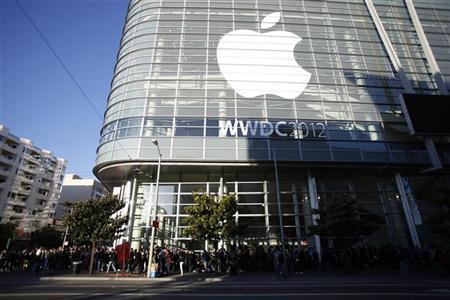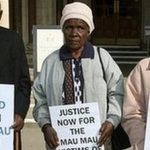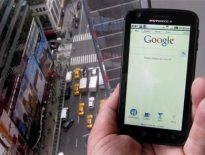(Reuters) – A U.S. judge rejected several requests by Apple Inc and Samsung Electronics Co Ltd to keep portions of key documents out of public view in their high-stakes patent litigation battle set for trial later this month.

Apple and Samsung, the world’s largest consumer electronics corporations, are waging legal war in several countries, accusing each other of patent violations as they vie for supremacy in a fast-growing market for mobile devices.
In an order issued late on Tuesday, U.S. District Judge Lucy Koh in San Jose, California, wrote that “it appears that the parties have overdesignated confidential documents and are seeking to seal information that is not truly sealable.”
Koh gave both companies one week to refile their sealing requests. Representatives for Apple and Samsung could not immediately be reached for comment.
Filing documents under seal has become almost standard procedure in intellectual-property cases as companies try to keep their trade secrets and other sensitive business information from coming out during litigation.
Apple sued Samsung last year in the United States and a highly anticipated trial is scheduled to begin July 30. If Apple wins, it could seek to permanently bar the sale of some Samsung phones in the crucial U.S. market.
Koh has already granted pretrial injunctions against Samsung’s Galaxy Tab 10.1 and its Galaxy Nexus phone. Samsung is appealing both of those orders. Samsung’s phones and tablets run on the Android operating system, developed by Google.
Apple and Samsung have filed legal arguments on a range of subjects in recent weeks, including briefs on how broadly some patent claims should be defined and what evidence should be kept out of the trial.
However, portions of those documents are blacked out from public view as both companies argued they contained sensitive information.
Koh’s order on Tuesday came hours after Reuters filed a motion seeking to intervene in the case for the purposes of opposing Apple and Samsung’s document redactions. The judge wrote that “only documents of exceptionally sensitive information that truly deserve protection will be allowed to be redacted or kept from the public.”
The case in U.S. District Court, Northern District of California, is Apple Inc v. Samsung Electronics Co Ltd et al, 11-1846.
(Reporting By Dan Levine; Editing by Martha Graybow and Matt Driskill)





